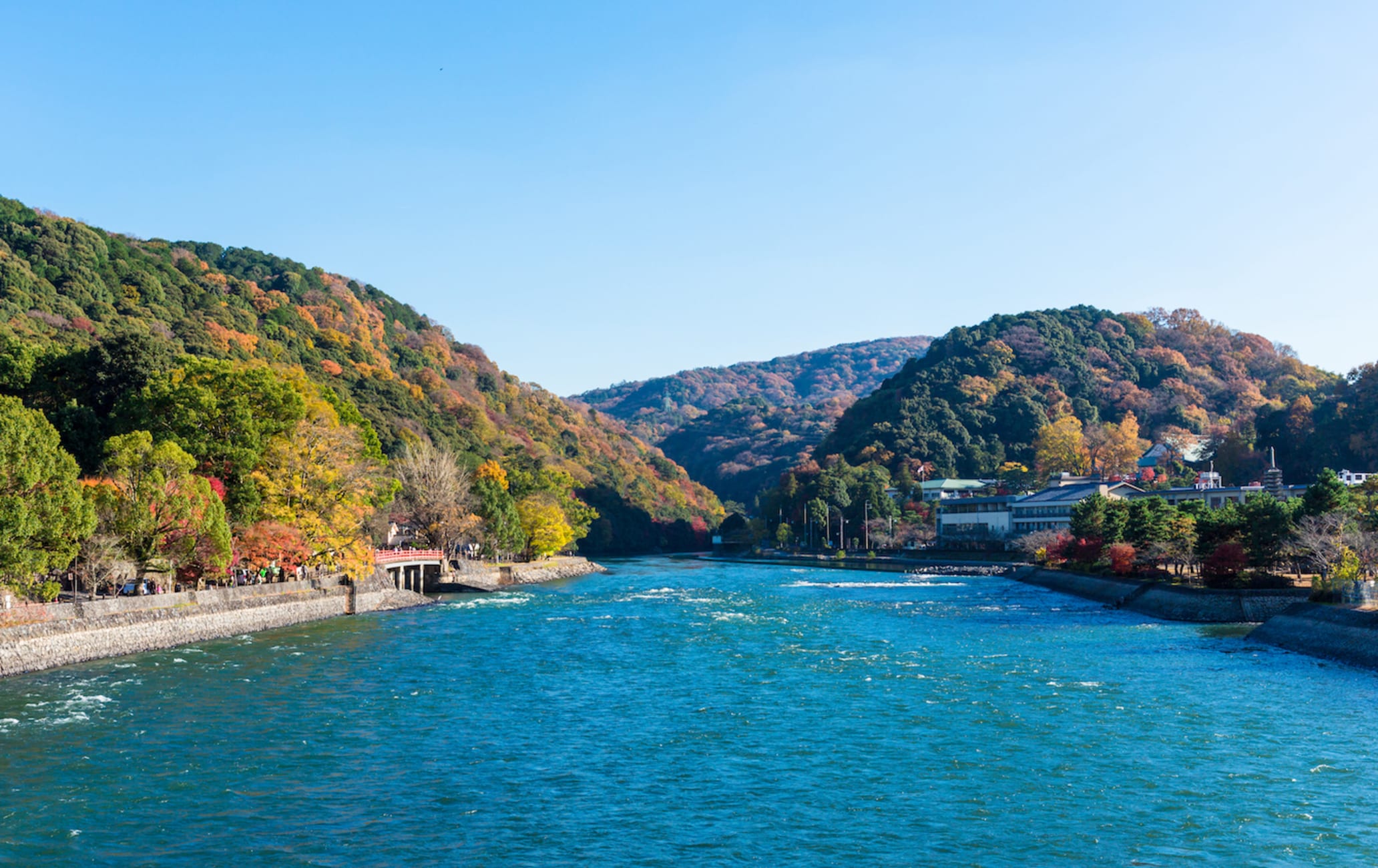 Uji is the matcha lover’s best-kept secret. Photo: Japan National Tourism Organisation
Uji is the matcha lover’s best-kept secret. Photo: Japan National Tourism Organisation
With the global thirst for matcha at its peak, it can come as a surprise that the matcha capital of the world is still one of Japan’s lesser-known cities. Uji’s mantle as the birthplace of matcha dates back hundreds of years, thanks to the city’s fertile soil and gentle, misty climate that render it ideal for green tea cultivation.
Matcha in Uji is slow, intentional—it symbolises attention to detail and an appreciation for heritage. This isn’t the grab-and-go iced latte of your Monday morning commute. Experiencing Uji’s matcha culture makes it all the more striking that, outside of Japan, matcha is now associated with fast-moving hyper-consumerism. Despite the global frenzy surrounding the earthy, bitter green tea, which even results in matcha shortages in Japan, Uji is a city of quiet, tree-lined pathways, cormorants flying low over the river, and monuments rich with history.
While it’s no longer the world’s largest producer of matcha—that honour goes to Tongren in China—Uji’s culture and history are undeniably intertwined with the emerald-hued tea, making it the perfect destination for matcha lovers. It promises the perfect blend of rich cultural heritage and high-quality matcha experiences. Read on to discover the ideal itinerary for a day in the historic city, and a series of tips to make the most of your trip.
The Journey
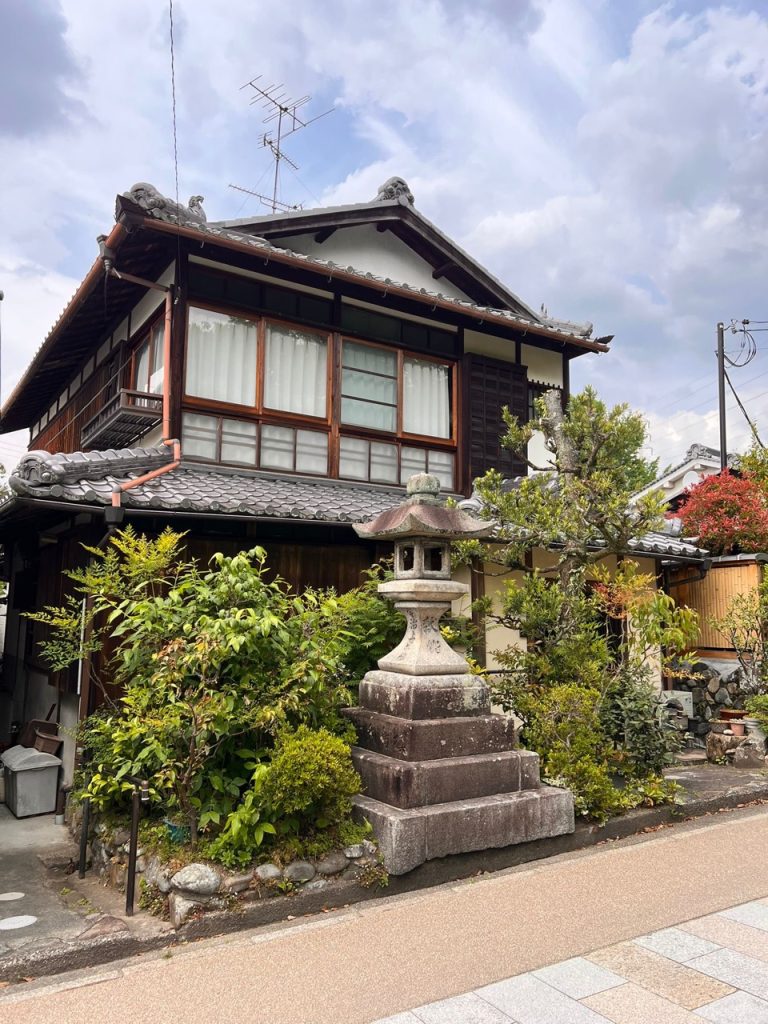 Photo: GRAZIA Singapore / Anika Deshmukh
Photo: GRAZIA Singapore / Anika Deshmukh
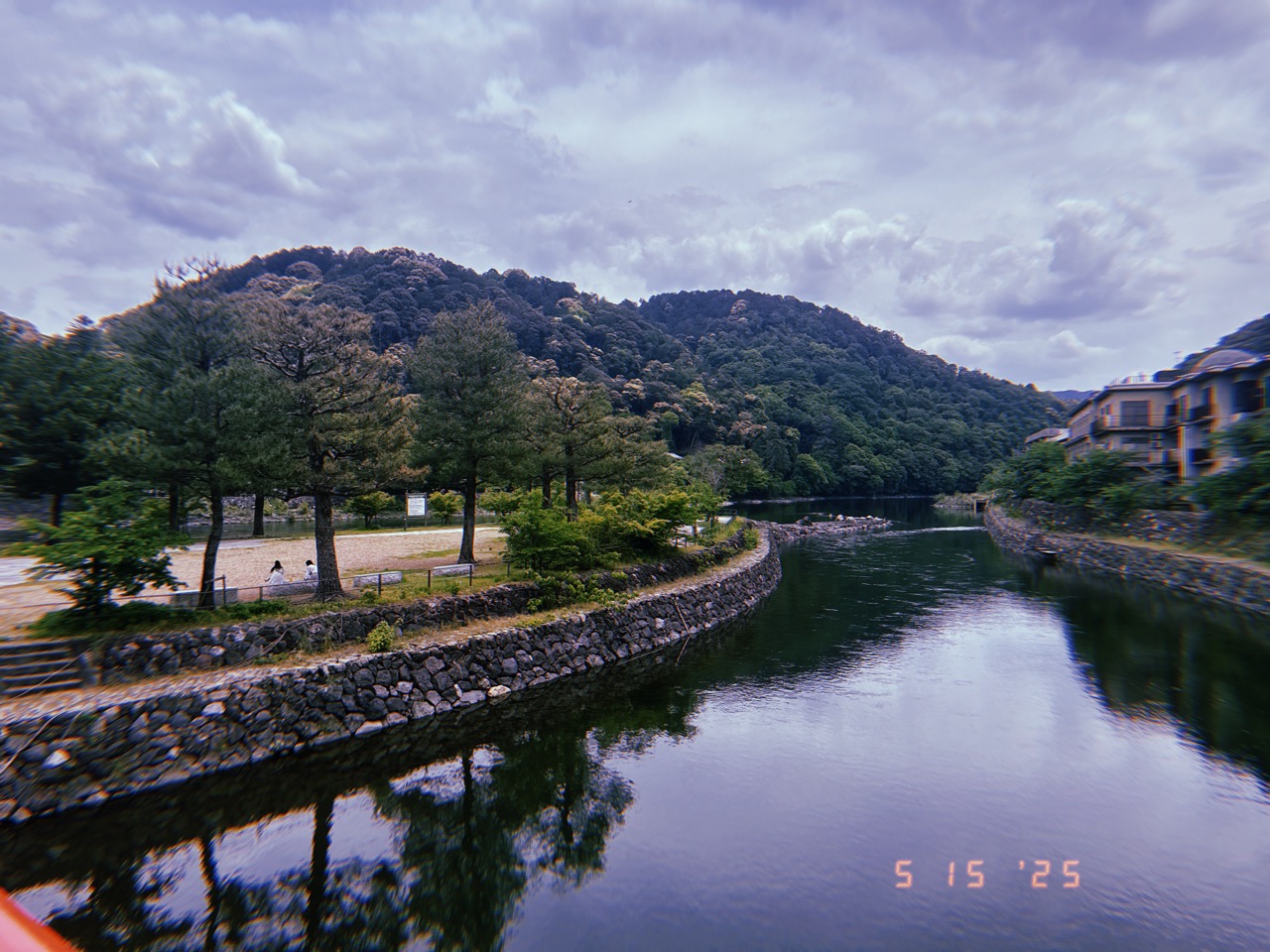 Photo: GRAZIA Singapore / Anika Deshmukh
Photo: GRAZIA Singapore / Anika Deshmukh
The JR Uji Station is a 30-minute train ride from Kyoto along the JR Nara Line, making for an easy and convenient journey. Starting your day early leaves you with enough time to experience Uji as it is meant to be experienced—slowly and meanderingly, but with intention. As you start your journey from Kyoto to Uji, you’ll most likely board a packed train, but the majority of the crowd will alight at Inari Station, heading towards the famous Shinto shrine. This will leave you in a sunlit, suddenly empty carriage and with a growing sense that you’re on your way to a hidden gem, off the beaten path.
Fulfil Your Matcha Wishlist At Byodo-in Omotesando
Byodo-in Omotesando is Uji’s main shopping street, making it the go-to destination to stock up on souvenirs and snacks and a solid way to start your visit to the city. The street is lined with charming stores selling knick-knacks and mementos alongside more types of matcha-flavoured edible treats than you could imagine. Itoh Kyuemon, a legacy brand dating back to 1832, is renowned for its high-quality matcha and boasts a large variety of matcha snacks—ranging from traditional Japanese sweets to macarons, cheesecake, langue de chat cookies and popsicles. Particularly intriguing were the savoury offerings, including soba sets containing matcha buckwheat noodles and soup packs.
If you plan to purchase powdered matcha for drinking, aim to do so earlier in the day, as the shelves tend to empty by the late afternoon. Nevertheless, it’s difficult to go wrong when buying matcha in Uji, as every store and producer offers tea of the highest quality. Kyoto’s proximity to Uji also means that you can easily access high-quality Uji matcha even back in the main city.
The Itoh-Kyuemon Byodo-in Store is located at 31-1 Ujirenge, Uji City, Kyoto Prefecture, Japan 611-0021.
Morning Brew: Enjoy A Traditional Tea Ceremony At Taiho-an
 Photo: Uji City Tourist Association
Photo: Uji City Tourist Association
Once you’ve ticked off all the items on your shopping list, turn your attention towards the quieter, more cultural side of the city. Experiencing a traditional Japanese matcha tea ceremony is a must when in Uji, and Taiho-an, the municipal tea house, is the ideal place to do it.
The ceremony is a short affair, lasting no more than 20 minutes, but it will undoubtedly leave an impression. There is a methodical rhythm imbued in every step, from the elaborate dance involved in folding the silk cleaning cloths to the deliberate slurp of the last dregs of tea. Before the matcha, you will first be served wagashi, a dense, mochi-like sweet common in Japanese tea ceremonies. Consumed on their own, the wagashi would border on too sugary and the matcha too bitter. But together, the lingering sweetness of the wagashi perfectly cuts through the clean, earthy umami of the matcha. The ceremony is a study in mindfulness and balance.
Taiho-an is located at Tōgawa-2 Uji, Kyoto, Japan 611-0021. Reservations are required for tea ceremonies, and can be made online.
Immerse Yourself In Heian History At The Byodo-in Temple
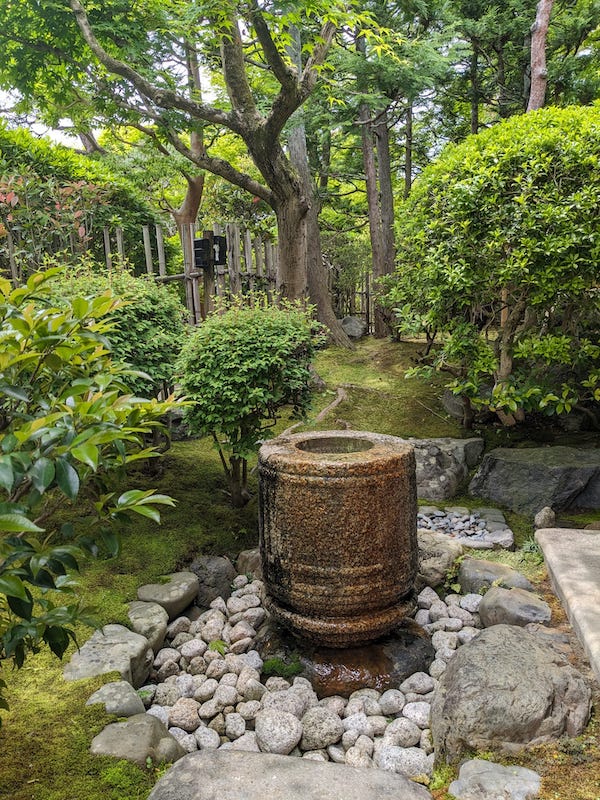 Photo: GRAZIA Singapore / Anika Deshmukh
Photo: GRAZIA Singapore / Anika Deshmukh
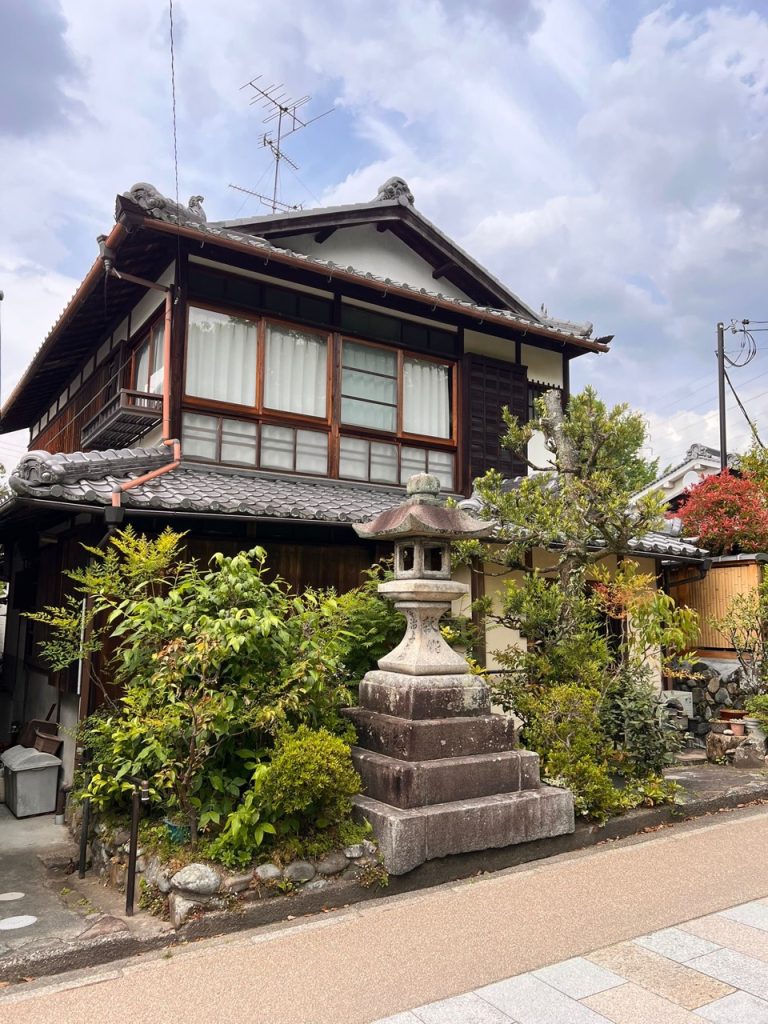 Photo: GRAZIA Singapore / Anika Deshmukh
Photo: GRAZIA Singapore / Anika Deshmukh
Uji’s history is intertwined with matcha, but is also rich with cultural stories beyond tea production. A trip to the city would be incomplete without visiting one of the many temples, shrines, and monuments open to the public. Notably, the Byodo-in Temple’s Phoenix Hall is one of the only wooden structures to survive from the Heian Period, and the ornate monument is commemorated on the back of the 100 Yen coin.
Also worth visiting is the Tale of Genji museum, paying homage to the timeless 11th-century novel by Murasaki Shikibu, the last chapters of which are set in Uji. A visit to the museum casts Uji’s river, bridge and landscape in a different light, making their storied history feel all the more alive.
Byodo-in Temple is located at Renge-116 Uji, Kyoto, Japan 611-0021. The Tale of Genji Museum is located at Higashiuchi-45-26 Uji, Kyoto, Japan 611-0021.
Refuel With Matcha Ramen, Duck Burgers And More
One can’t subsist on matcha alone, and Uji has plenty to offer on the culinary front. The restaurants lining Byodo-in Omotesando do offer matcha-themed meals, including soba sets and ramen, but the queues for the restaurants on the main shopping street tend to snake out the door around lunchtime. Luckily, there’s plenty of other solid options away from the bustle.
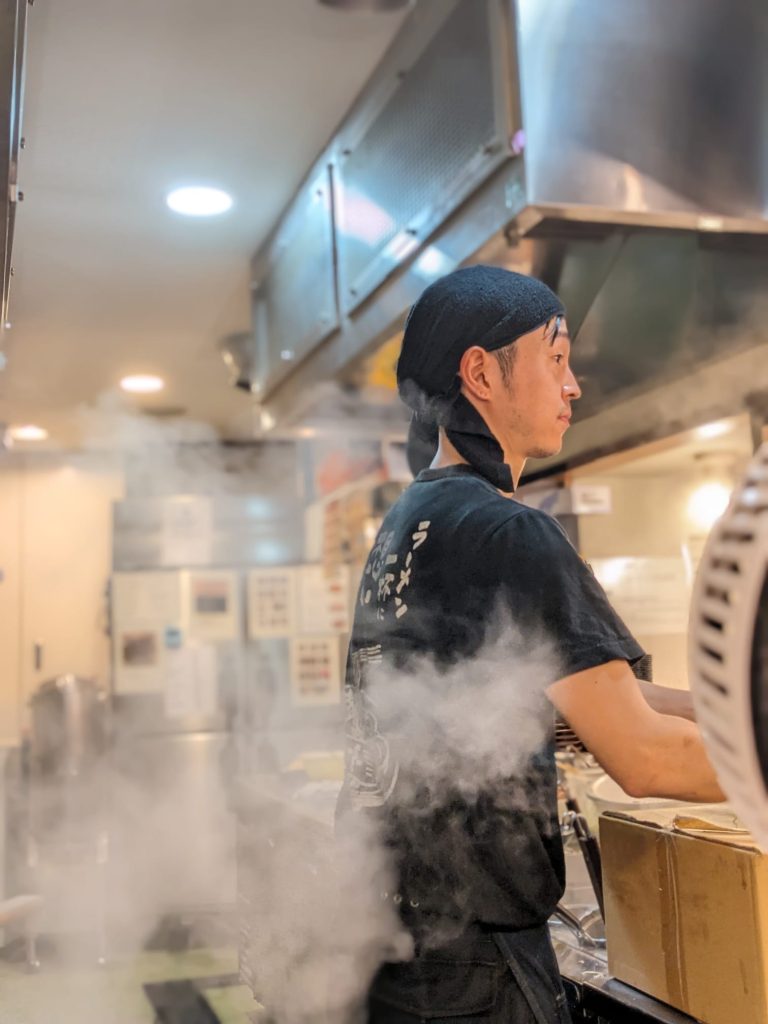 Photo: GRAZIA Singapore / Anika Deshmukh
Photo: GRAZIA Singapore / Anika Deshmukh
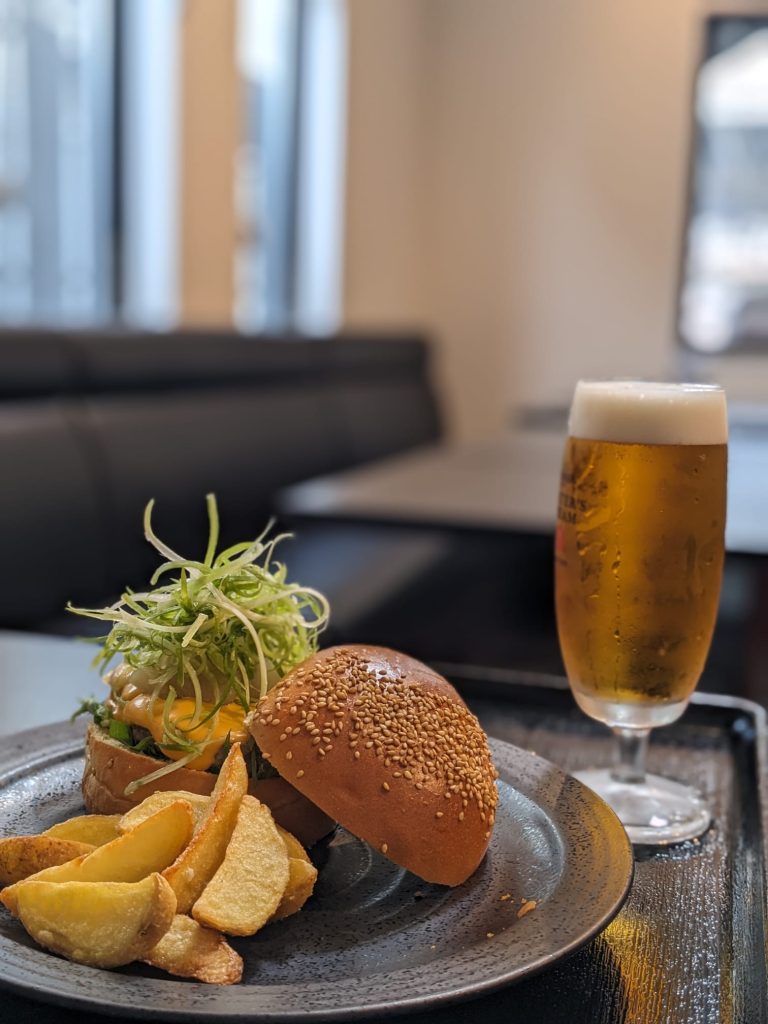 Photo: GRAZIA Singapore / Anika Deshmukh
Photo: GRAZIA Singapore / Anika Deshmukh
In search of a restaurant without a 30-minute wait time, we ventured away from Byodo-in Omotesando and stumbled across a hidden gem in the form of Kyogamo Kitchen Zen. The restaurant’s signature ingredient is kyogamo, the highest grade of duck meat, and they serve up duck gyozas, shabu shabu, and more. The unexpected highlight, however, was the duck burger, which combined a juicy seared patty with melted cheese and a heaping topping of freshly chopped scallions. Washed down with an ice-cold beer, the meal was the perfect pitstop, leaving us with a revived zeal for exploring the city.
Kyogamo Kitchen Zen is located at Myoraku-171-21 Uji, Kyoto, Japan 611-0021.
READ MORE
Mastering The Art Of Culture At The Roku Kyoto Hotel In Japan
No Drama, Just Detox: A White Lotus-Worthy Escape at Banyan Tree Phuket (Without Murder)
Vietnam’s Coolest Cafés Are In Ho Chi Minh—Here are 5 Worth Flying For


AloJapan.com